…because we have to go back! ‘Lost’: Tube Talk Gold
Excellent article on why ‘Lost’ is one of a kind.
Thanks to Tom Eames at Digital Spy for the great piece!
Be sure and watch the Desmond and Penny complilation video at the end of the article, because it’s awesome!
‘Lost’: Tube Talk Gold – Lost Blog – TV – Digital Spy.
By the end of its run, it had become one of the most complex pieces of TV fiction ever broadcast. At times it was as weird as Twin Peaks, as dramatic as 24 and as emotional as a Tom Hanks film. Which coincidentally was the initial influence for the general idea of the show in the first place.
One of the top all-time ensemble dramas in TV history, Lost had an instantly interesting concept, incredibly strange and addictive mysteries, a wonderful cast and a form of storytelling that truly changed the face of US TV. Two years on from its highly-debated finale, several attempts to recreate its glory days have come and gone, but what was so unique about this ‘monster’ of a TV show?
Lost: Originally broadcast from September 22, 2004 to May 23, 2010

Originally conceived as a mix between Lord of the Flies, Cast Away, Gilligan’s Island and Survivor, ABC’s Lost quickly went from a basic concept to a supernatural force once JJ Abrams and Damon Lindelof teamed up.
The pilot episode was one of the most expensive, highly-anticipated and top-rated broadcasts in recent memory. Not only was it watched by over 18 million people in the US (a rarity for a brand new show), but it was given rave reviews for its high drama, action, suspense, intrigue, and perhaps most importantly of all, its fantastic lineup of characters.
Lost was at first seemingly about a group of survivors of a plane crash on a deserted island. That alone was an interesting idea for a big budget TV drama, but by the end of the first episode it was clear it had much more than meets the eye, with a loud, horrifying noise of a so-called ‘monster’ in the jungle that kills the poor pilot. And of course, there was the polar bear. The special effects of the crash, coupled with the general ‘WTF’ moments made it one of the best TV episodes of all time.
[Video: David LaChapelle’s UK promo for Channel 4]
At the heart of Lost is its large group of core characters, all with complex backgrounds and flaws, and from all over the world, allowing it to gain fans on an international scale. Using the genius technique of splitting each episode with on-island activities and the characters’ flashbacks, it brought a completely new take on telling stories about the characters, while providing more and more mysteries and questions. Each episode would focus on a different person, while we found out more about their history and personality traits on and off the island.
Jack, the de facto leader of the survivors (Matthew Fox), was our main hero out of a cast of heroes. A gifted surgeon with big daddy issues, he came from a failed marriage with the inability to let go or believe in fate, and had the desperate need to constantly fix things, for good or for worse.
The main original characters also included fugitive Kate (Evangeline Lilly), con man Sawyer (Josh Holloway), mysterious former paraplegic John Locke (Terry O’Quinn), drug addicted rock star (Dominic Monaghan), pregnant Australian Claire (Emilie de Ravin), recently reunited father and son Michael and Walt (Harold Perrineau and Malcolm David Kelley), married Korean couple Jin & Sun (Daniel Dae Kim and Yunjin Kim), Iraqi torturer Sayid (Naveen Andrews) and the loveable unlucky millionaire Hurley (Jorge Garcia). Each of them had genuinely interesting backstories that were played out for the first three seasons, while they also bonded, romanced and clashed on ‘The Island’.

© ABC

© ABC
While many viewers connected with the characters’ storylines, on-island relationships, love triangles and even births and deaths, what kept the audience tuning in was arguably the magnitude of mysteries and questions that kept arising each week, while not necessarily getting any answers for some time. The symbol of the first season was ‘the hatch’, a mysterious door into the ground in the middle of the jungle, which eventually led to one of the show’s most loved characters Desmond (Henry Ian Cusick).
In time, we would be introduced to ‘The Others’, a group of strange inhabitants on the island led by Ben (Michael Emerson). More glimpses of the monster (a large cloud of black smoke that makes mechanical noises with white flashes, just go with it), the introduction of the DHARMA Initiative, strange whispers, a crazy French lady, Hurley’s cursed numbers and visions of Jack’s dead father were among just some of the amazing twists and turns that arose each week.
By the third season, Lost had gone into true supernatural mode. While it kept the character development at its core, more and more sci-fi elements were brought in, which alienated some, but intrigued many others.
With producers confirming that it would end after the sixth season, it allowed writers to stop making the infuriating episodes which provided nothing for desperate viewers demanding answers. The biggest mindf**k of all arrived when it was revealed that a presumed flashback of Jack’s was actually a flashforward after he and others had left the island.
From the fourth season, the show started kicking onwards to the end game. The ‘Oceanic 6’ came back to the island, the island was ‘moved’ with the use of a ‘Frozen Donkey Wheel’ (it will take too long to explain), and some of our ‘Losties’ were then moving through time. Yes, time travel had arrived. While some viewers may have departed at this point in fear that it had jumped the shark, true Lost fans who had stuck with it thoroughly enjoyed the latest development, as it gave them a chance to see some of the island’s history and provided even more incredible sci-fi, fantasy and storytelling.
Jack and the remaining survivors came to the conclusion that they may be able to change everything by blowing up a huge atomic bomb on the island in the 1970s, in the hope that it would avoid their plane crashing on the island in the first place.
The final season centred on a centuries-old battle with the island’s mysterious protector Jacob (Mark Pellegrino) and his unnamed brother dubbed the Man in Black (Titus Welliver). Taking on the image of the deceased Locke, the MIB was also revealed to be the monster (again, just go with it). MIB began his mission of trying to escape the island, but in order to do so he had to kill the remaining ‘candidates’, otherwise known as our ‘Losties’.
All the while, a strange flash-sideways was introduced off the island, which appeared to show what happened after the bomb went off. Loads of debates ensued, was it a parallel dimension? Did the bomb work?
While the remaining survivors neared the end of their time on the island, with some truly devastating consequences, Jack finally came round to being a man of faith and realized it was his ‘purpose’ to save the island and sacrifice himself, and his remaining friends flew off the island in a second plane (yes, a second crash).
The flash-sideways proved to be a non-linear time created by the survivors after they all died. For Lost fans who had lived every second of the show since the beginning, there were about 39 different moments during the finale where tears were shed and emotions were fried, but all in a positive rather than depressing way.
Like with other finales such as The Sopranos, some fans were left disappointed with the way in which it ended, but in time it should be seen as a beautifully fitting way to end such an amazing show, as it focused on the characters, the main reason we loved the show so much in the first place.
For an ensemble drama to work well, its main cast needs to not only act brilliantly (so many of them should have won far more awards than they did), but they need to be interesting, memorable and likeable, even if they are baddies. Several similar shows have come and gone since (such as Flash Forward and The Event), with highly complex plots and a big list of characters, but they suffered from poor storytelling and boring casts.
Rarely does a TV drama provide as much debate and fan love online as Lost did. With all the questions posed, the online community was huge with theories abounding among websites, forums and podcasts. It’s hard to imagine many other shows being treated to a performance by the Reduced Shakespeare Company, or for their main producers becoming celebrities among fans like Damon Lindelof and Carlton Cuse did. Even its score by Michael Giacchino was impeccable, with the kind of soundtrack which is instantly recognizable despite the show not actually having a theme tune.
Lost was more than just any other TV show. It wasn’t a throwaway drama where each episode was formulaic with forgettable moments and characters. It could easily have filled a 10,000-word dissertation on explaining the plot alone. It dealt with many themes and motifs, including the importance of family, life and death and the dualism between good and bad, faith and science.
While there are currently some truly great dramas on TV right now (Breaking Bad, Mad Men, Game of Thrones, etc), none have quite captured the imagination of the public around the world in the same way that Lost did. It was truly a one-off, unique and amazingly produced television program.
We’ll leave you with some clips from one of the most popular episodes of Lost‘s history, ‘The Constant’, which saw Desmond in a beautiful love story through time.
(unable to embed)
Lost: Desmond calls his constant; Penny, The Constant (Season 4, Episode 5)
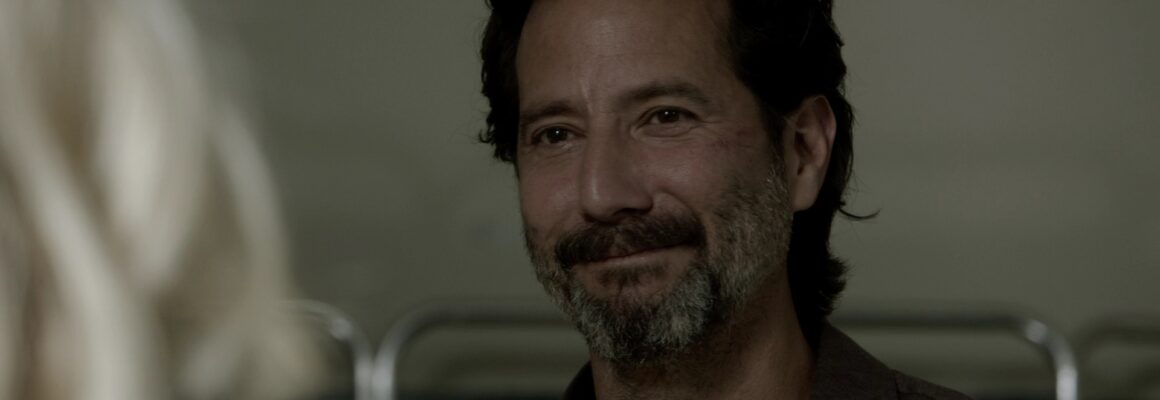
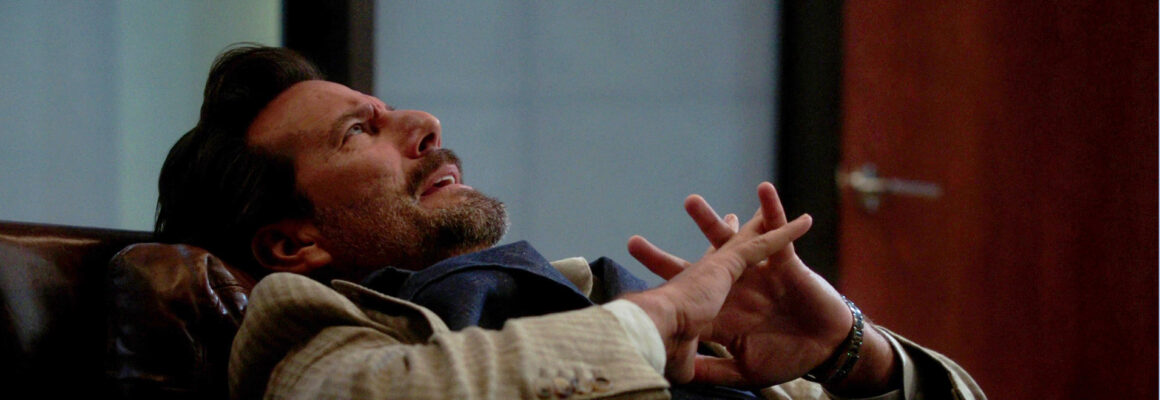
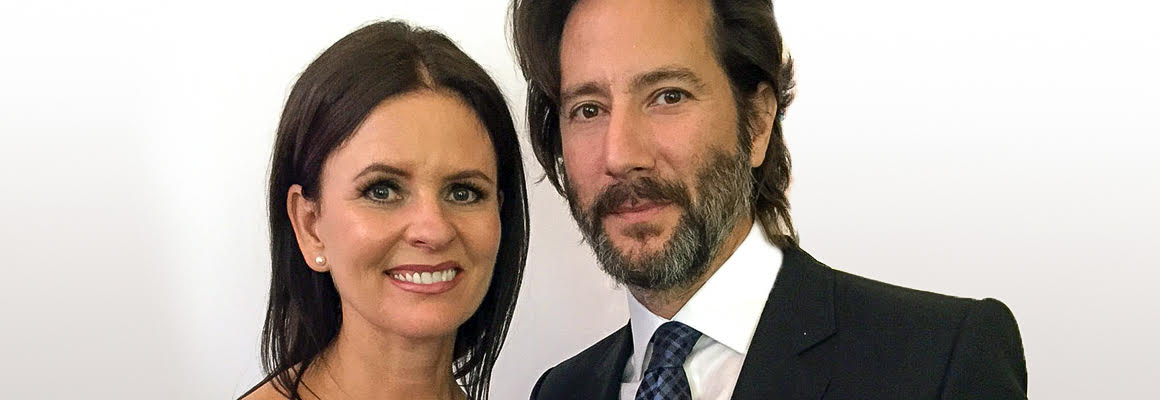
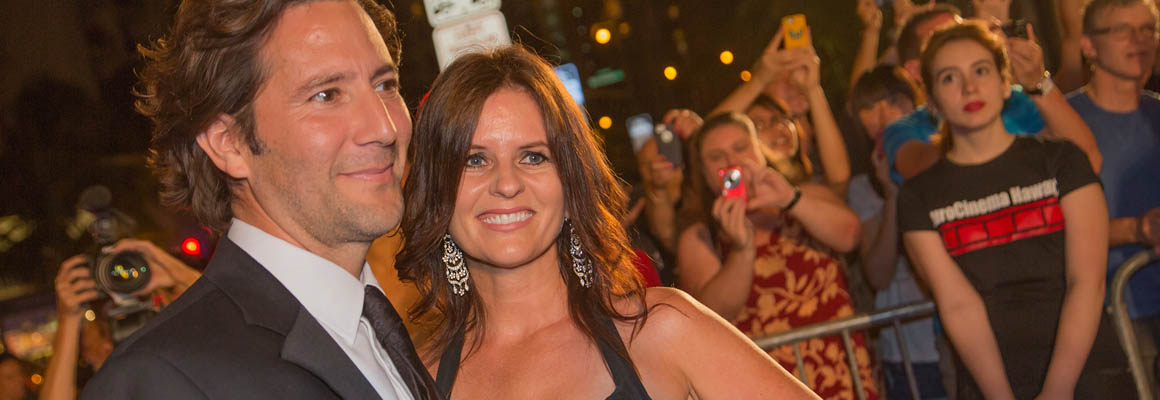
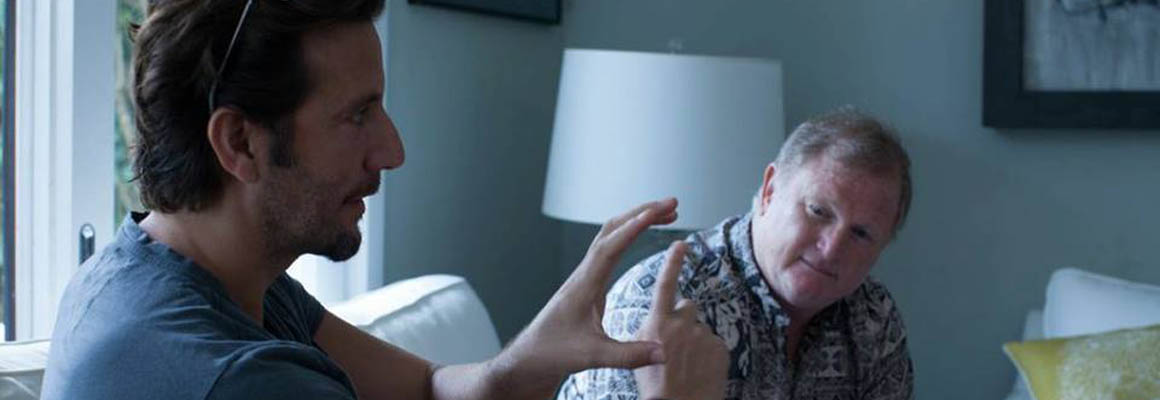
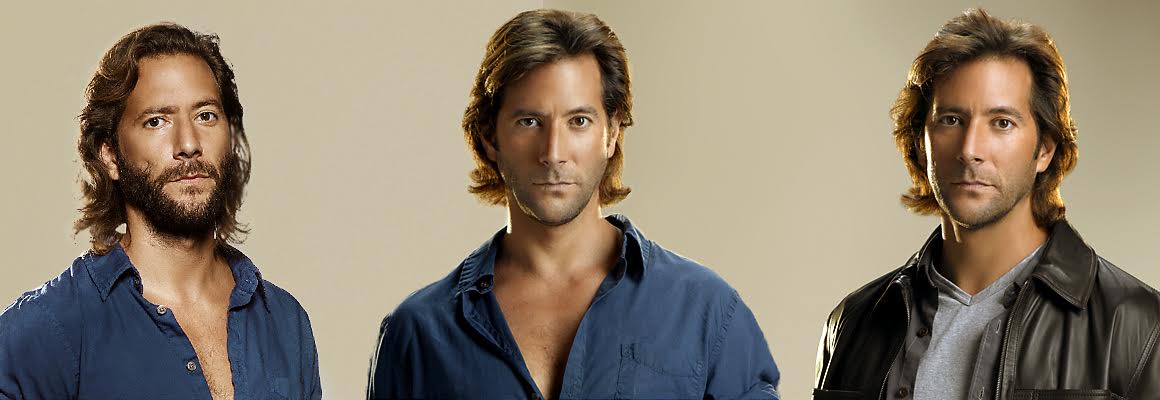
![[1198657408]a MacGyver](https://www.cusickgallery.net/wp-content/uploads/2021/07/1198657408a-MacGyver-e1627604023448-1160x400.jpg)
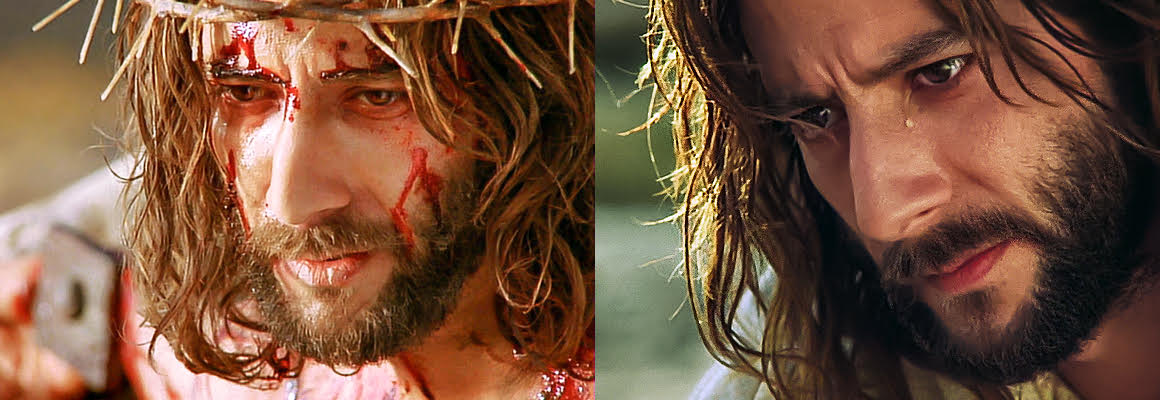
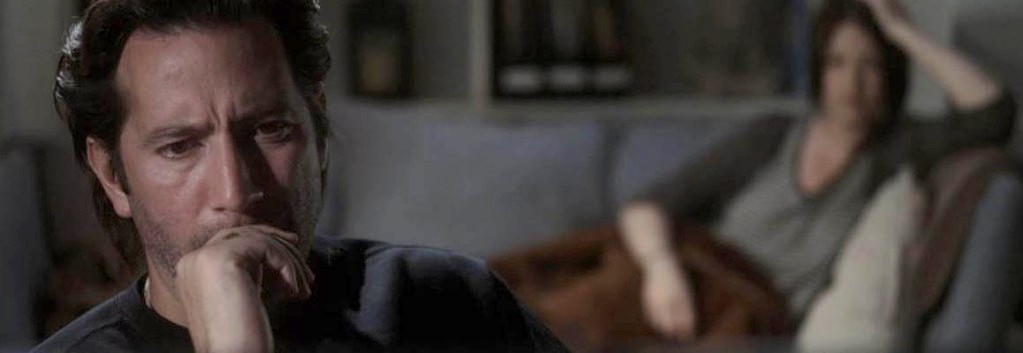
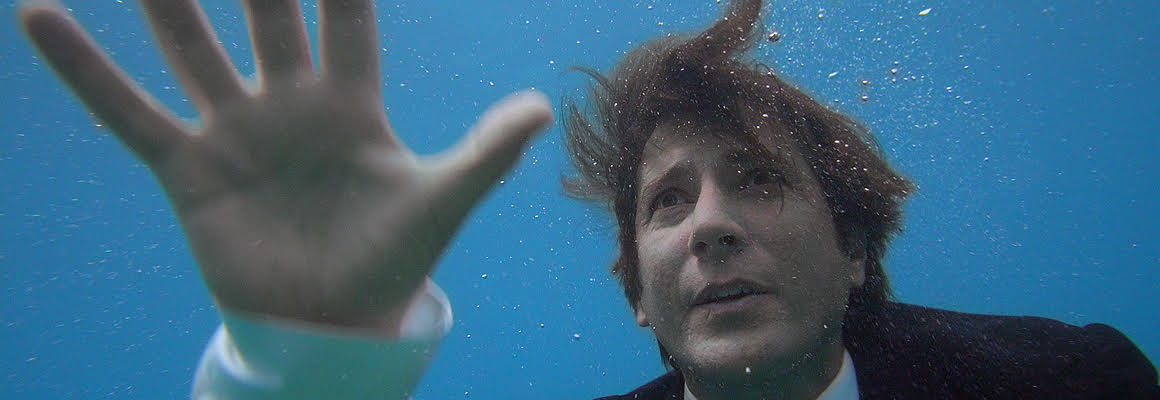
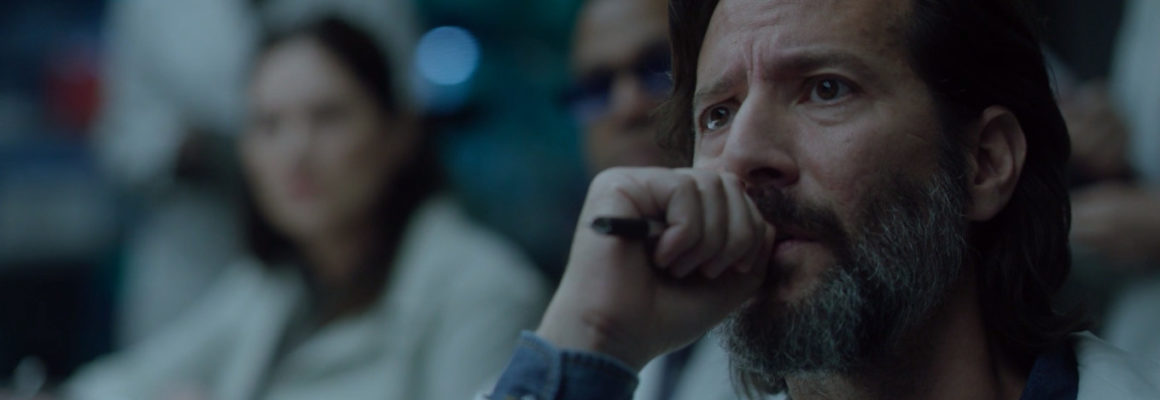
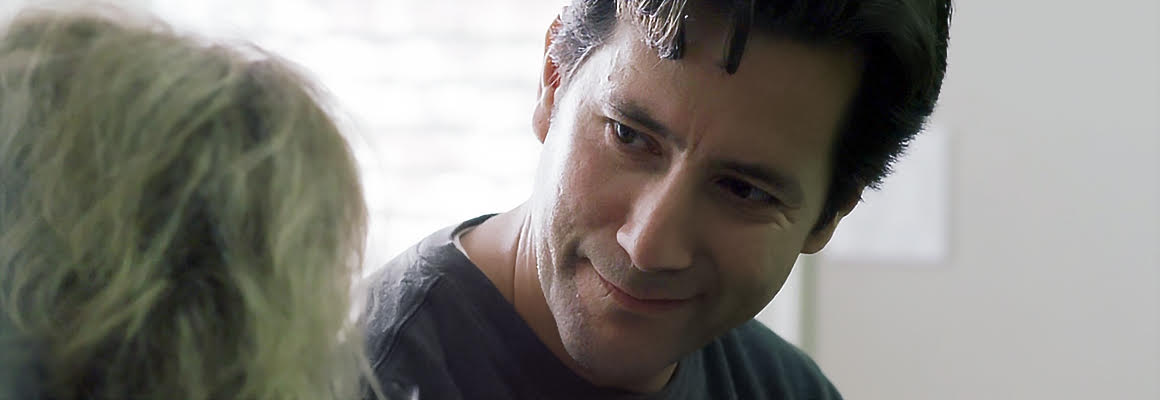
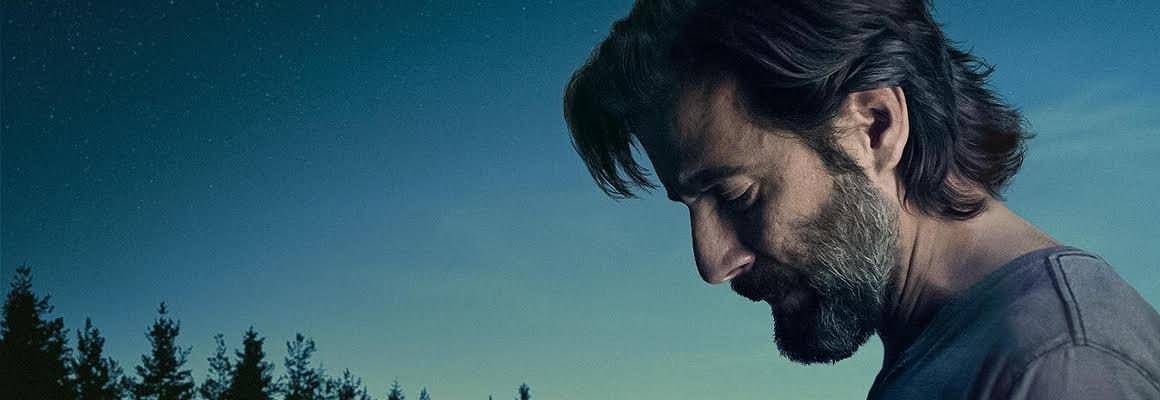
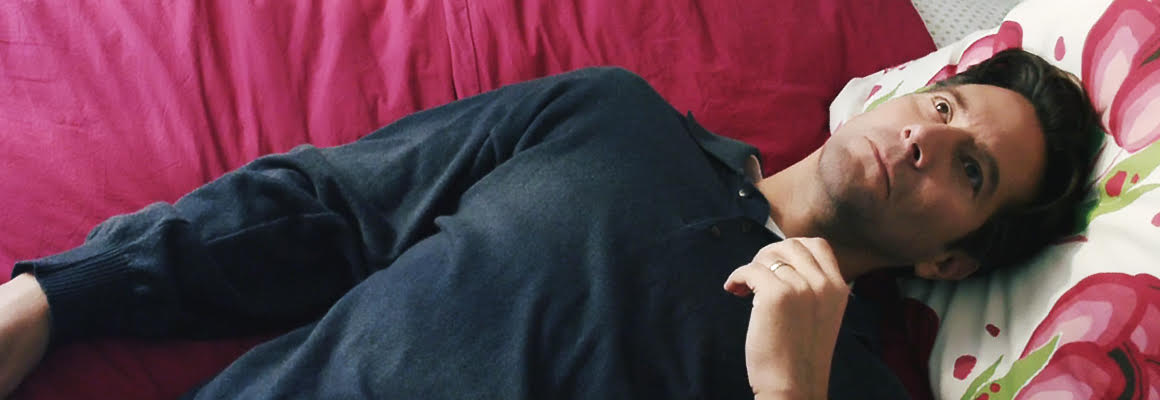
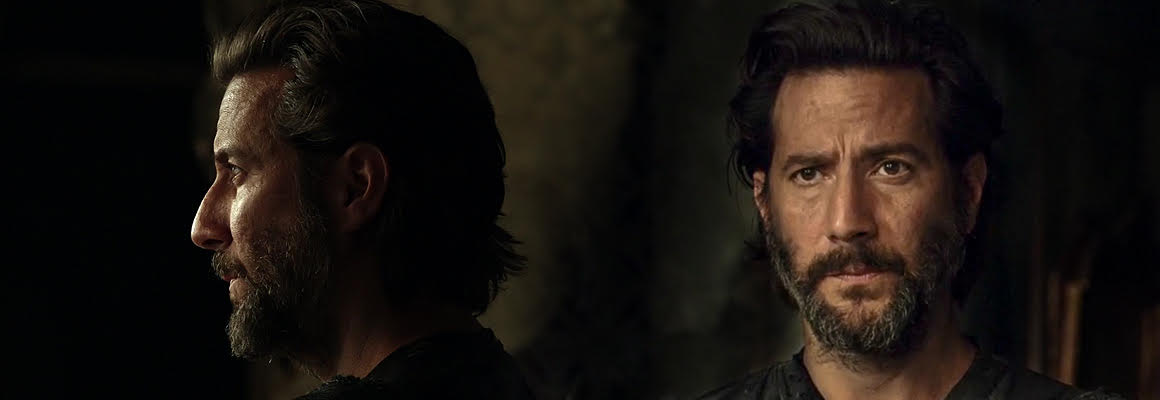
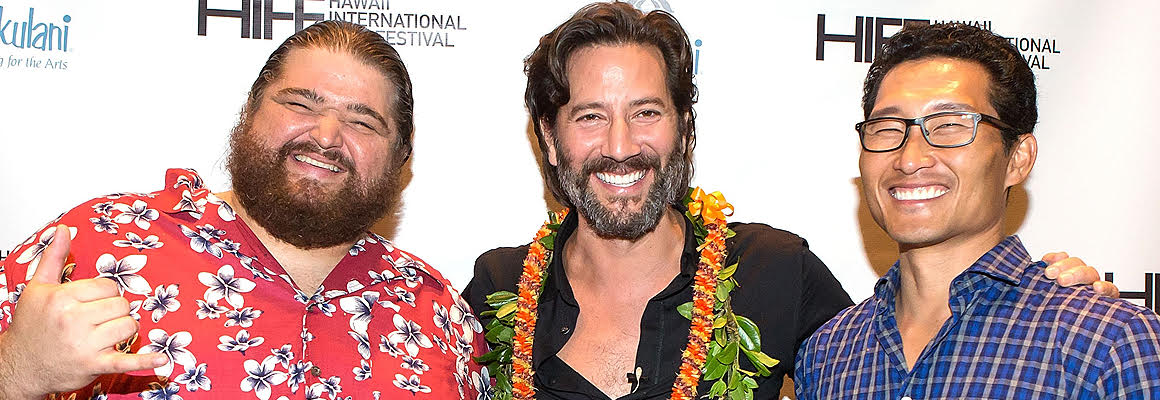
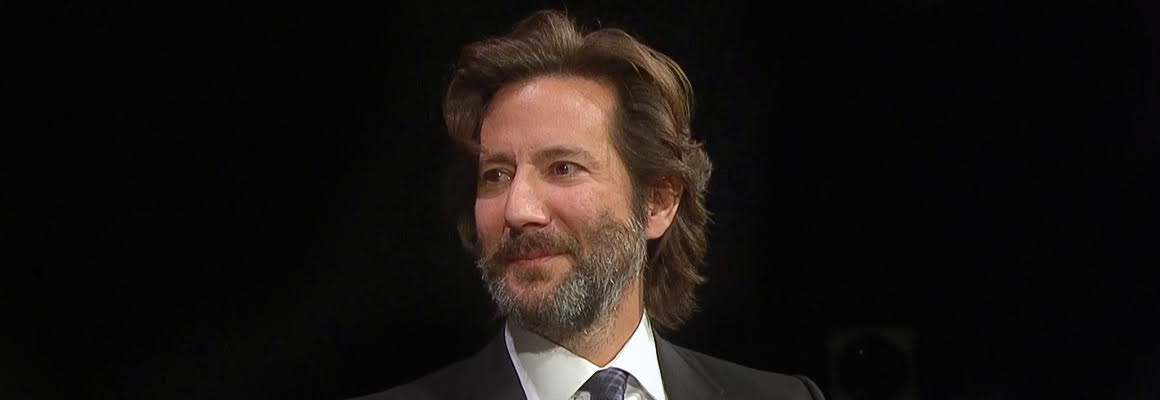
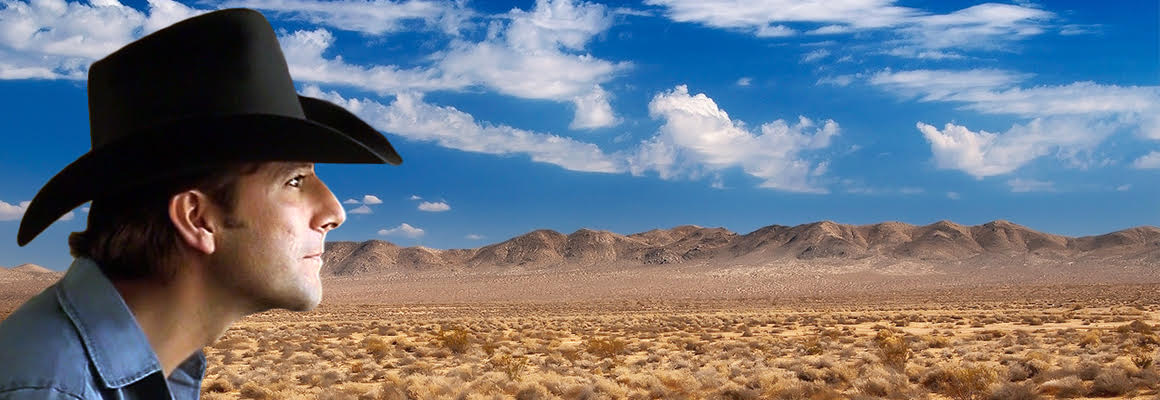

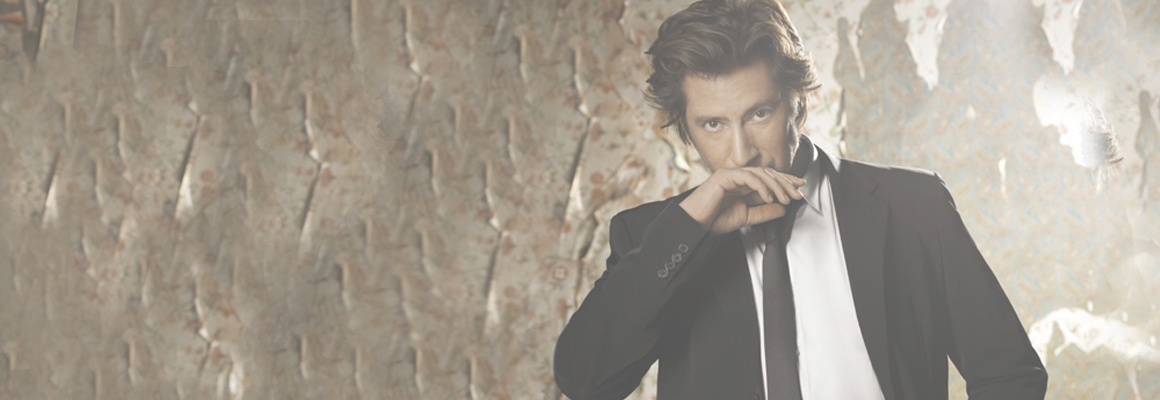

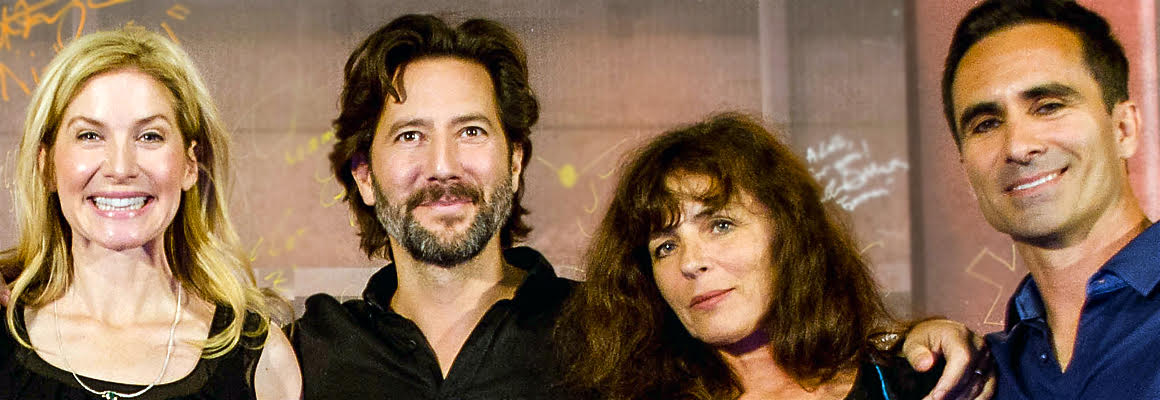
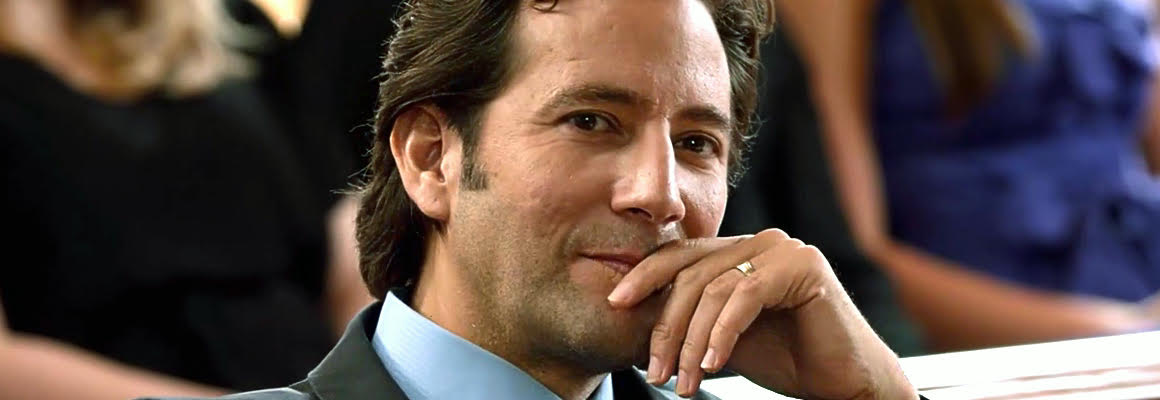
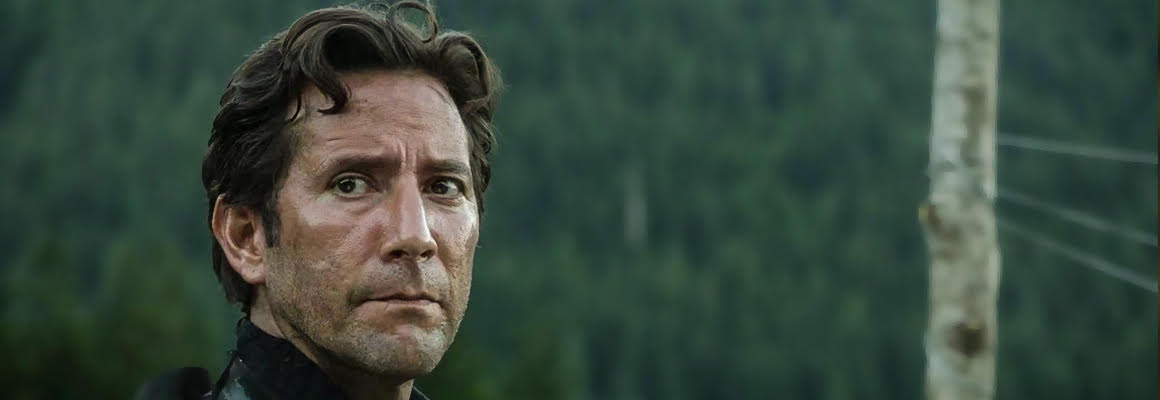
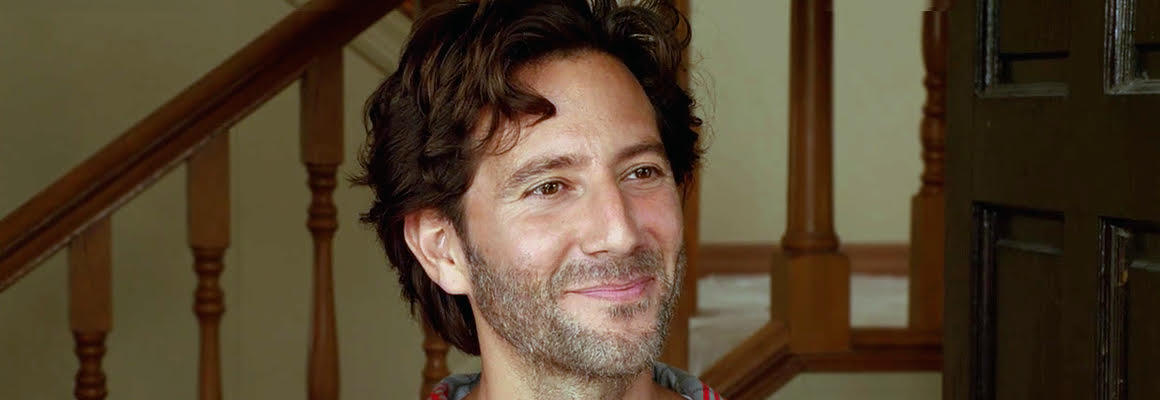
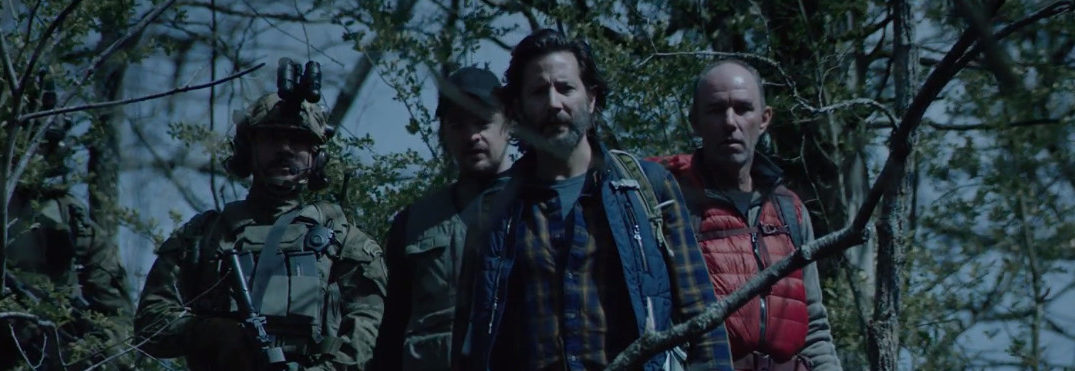
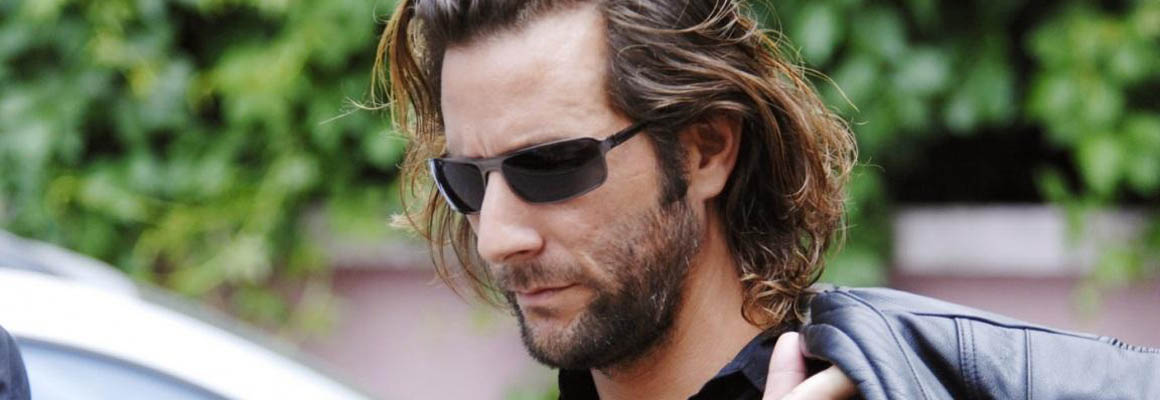
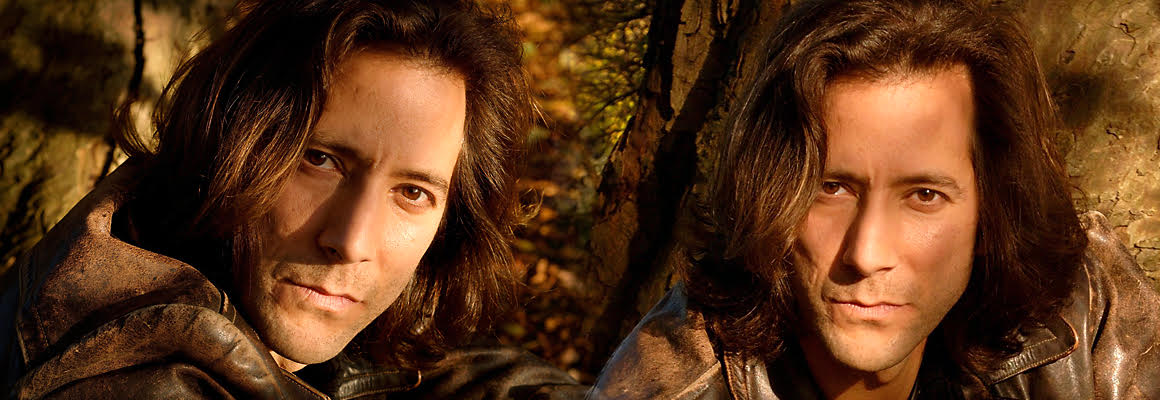

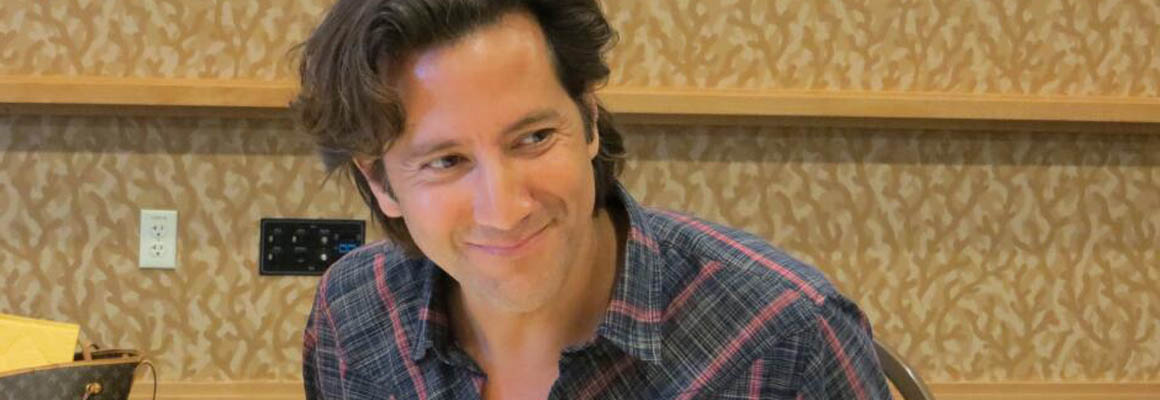
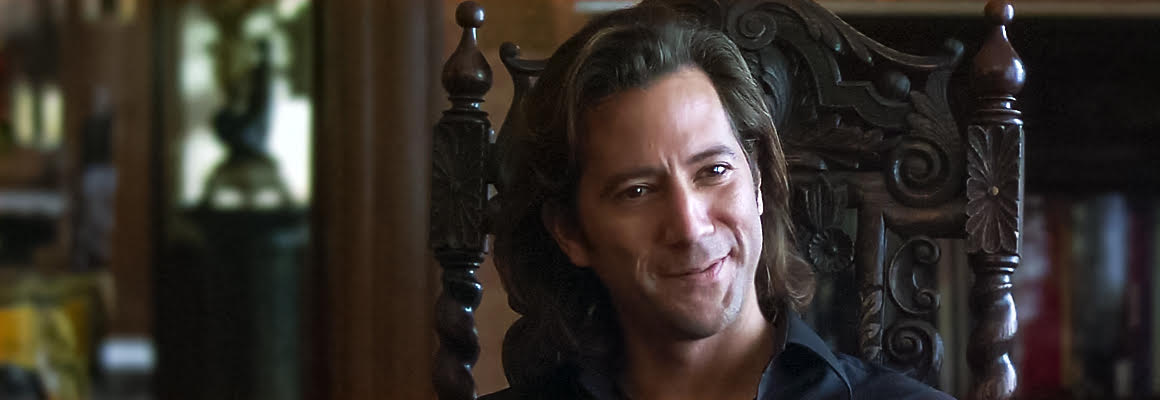

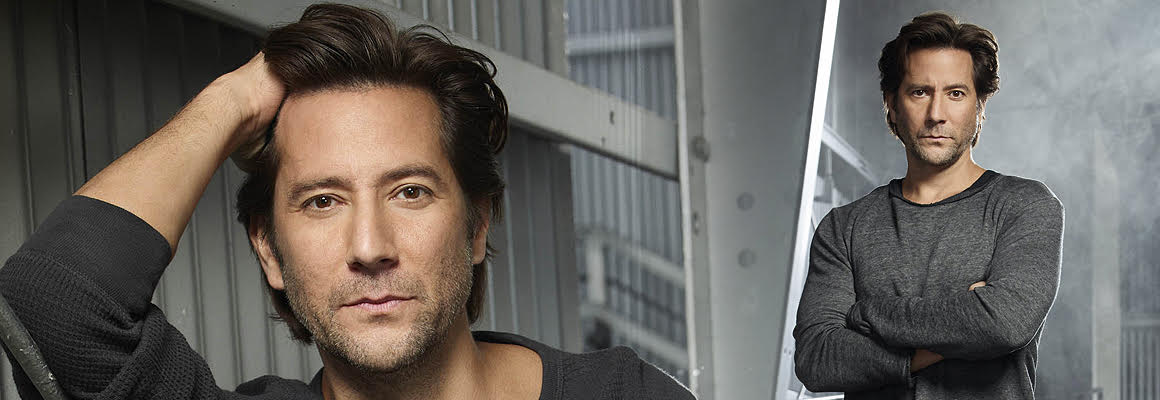
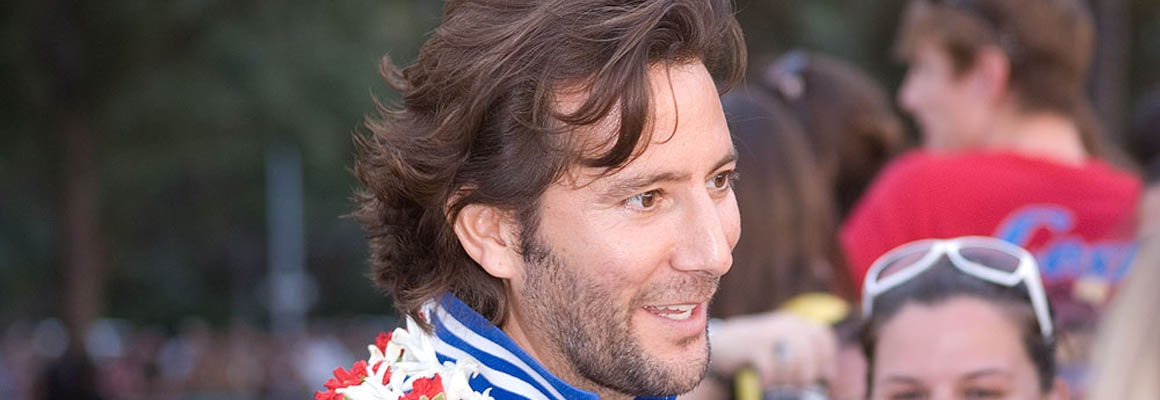
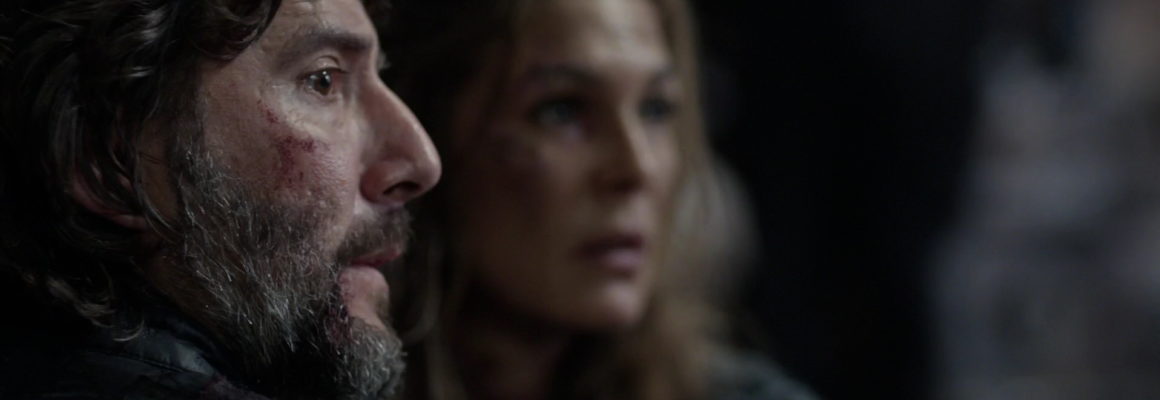
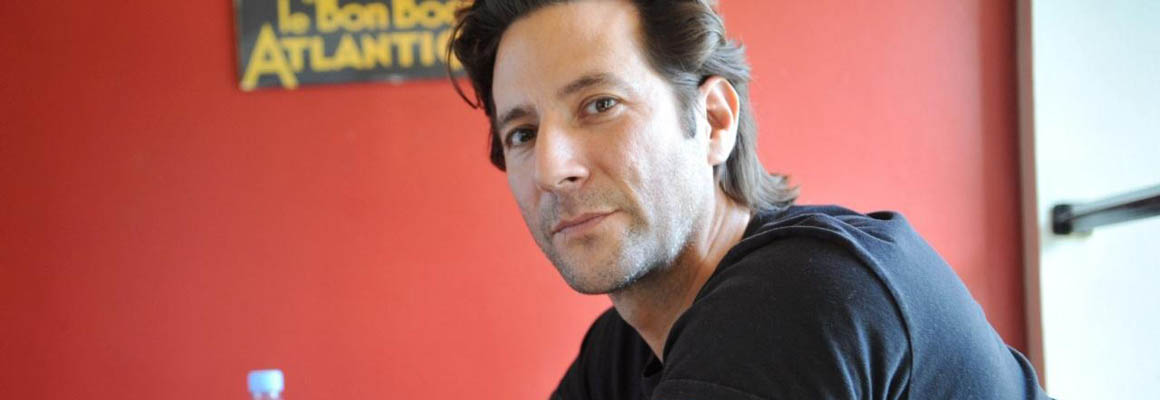
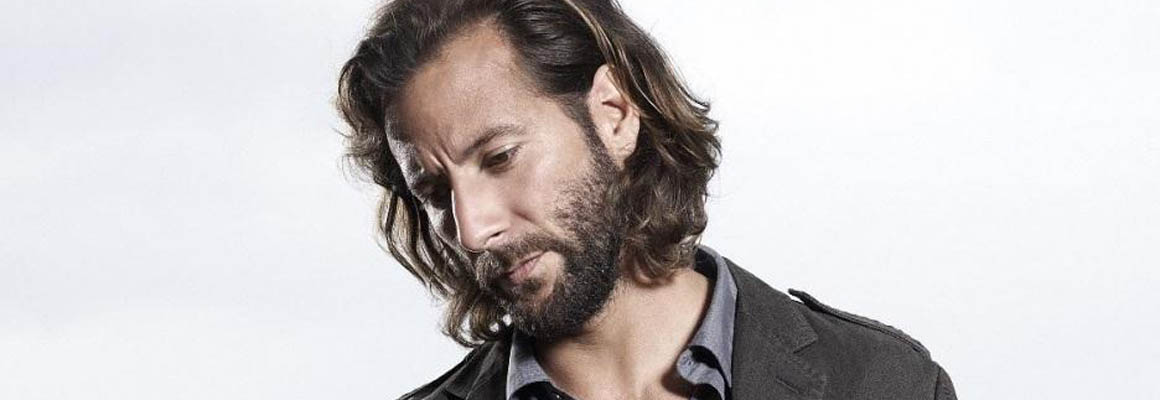

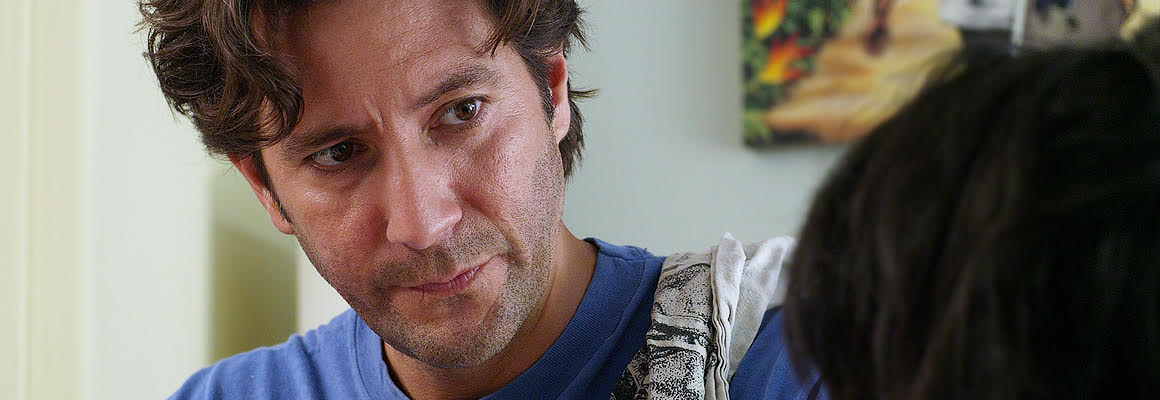

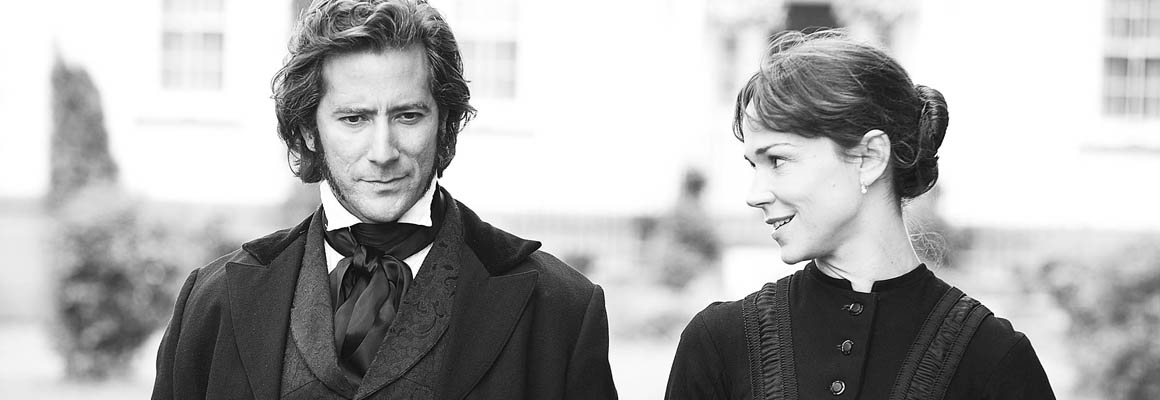
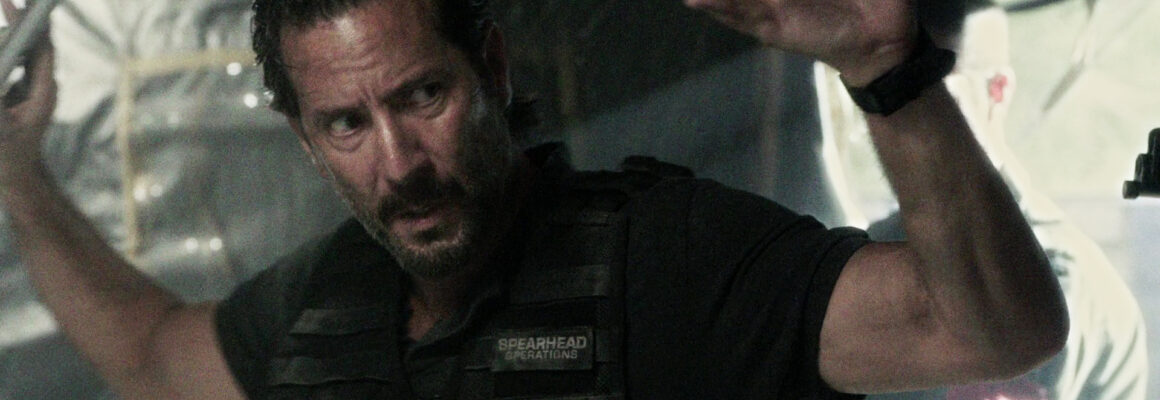
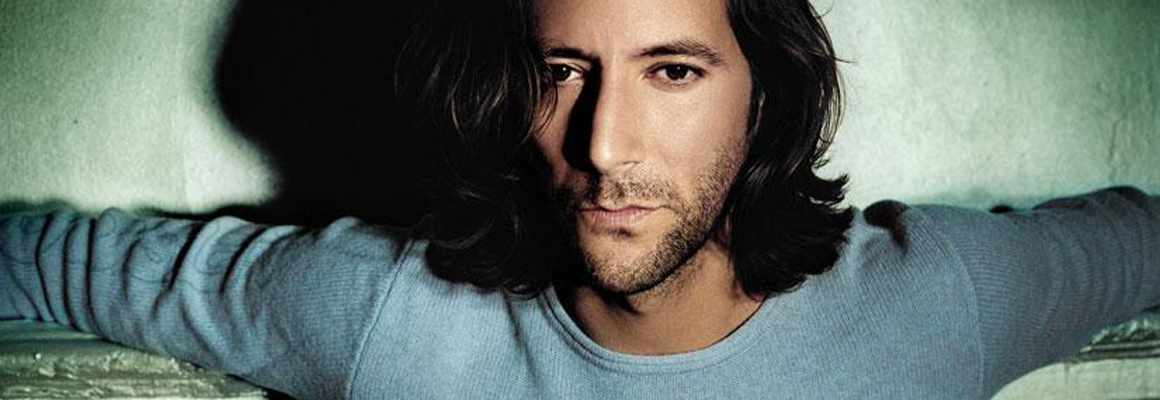
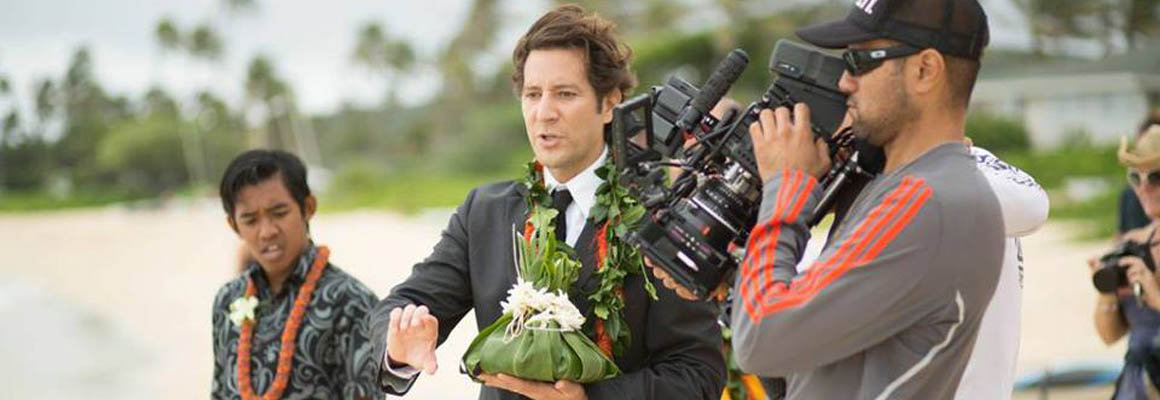
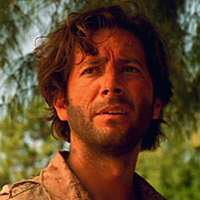 Awaken Film
Awaken Film Henry Ian Cusick – Facebook
Henry Ian Cusick – Facebook Henry Ian Cusick – Vimeo
Henry Ian Cusick – Vimeo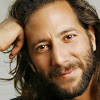 Henry Ian Cusick – YouTube
Henry Ian Cusick – YouTube Henry Ian Cusick Official Site
Henry Ian Cusick Official Site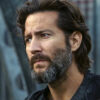 Henry Ian Cusick SoundCloud
Henry Ian Cusick SoundCloud Henry Joe Productions
Henry Joe Productions Birthday Edition
Birthday Edition 1 Million Followers
1 Million Followers 10.0 Earthquake
10.0 Earthquake After the Rain
After the Rain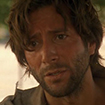 Awaken
Awaken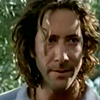 Carla
Carla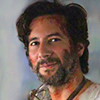 Chimera
Chimera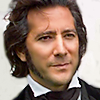 Darwin's Darkest Hour
Darwin's Darkest Hour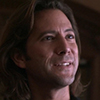 Dead Like Me:Life After Death
Dead Like Me:Life After Death dress (directoral debut)
dress (directoral debut) Fluxx
Fluxx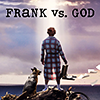 Frank vs. God
Frank vs. God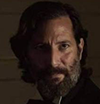 Hae Hawai'i
Hae Hawai'i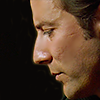 Half Light
Half Light Hitman
Hitman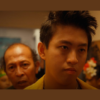 Jamojaya
Jamojaya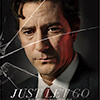 Just Let Go
Just Let Go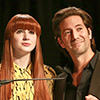 Not Another Happy Ending
Not Another Happy Ending Pali Road
Pali Road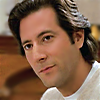 Perfect Romance – Lifetime
Perfect Romance – Lifetime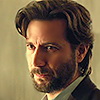 Rememory
Rememory The Girl on the Train
The Girl on the Train The Gospel of John
The Gospel of John The Wind & The Reckoning
The Wind & The Reckoning Visible
Visible Theatre Gallery
Theatre Gallery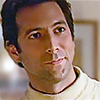 Adventure Inc.
Adventure Inc. Casualty
Casualty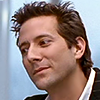 Happiness
Happiness Midsomer Murders
Midsomer Murders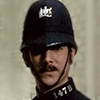 Murder Rooms
Murder Rooms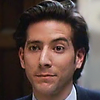 Taggart
Taggart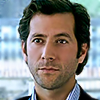 The Book Group
The Book Group Two Thousand Acres of Sky
Two Thousand Acres of Sky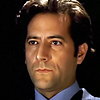 Waking the Dead
Waking the Dead 24 – Fox
24 – Fox 911: Lone Star
911: Lone Star Big Sky – ABC
Big Sky – ABC Body of Proof – ABC
Body of Proof – ABC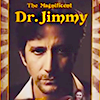 CSI: Las Vegas – CBS
CSI: Las Vegas – CBS Fringe – Fox
Fringe – Fox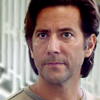 Hawaii Five-O – CBS
Hawaii Five-O – CBS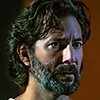 Inhumans – ABC
Inhumans – ABC Law and Order: SVU – NBC
Law and Order: SVU – NBC Lost – ABC
Lost – ABC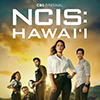 NCIS: Hawai'i – CBS
NCIS: Hawai'i – CBS Scandal – ABC
Scandal – ABC The 100 – The CW
The 100 – The CW The Mentalist – CBS
The Mentalist – CBS The Passage – Fox
The Passage – Fox HTY – The HI Way Series
HTY – The HI Way Series JamBios
JamBios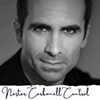 Nestor Carbonell Central
Nestor Carbonell Central Petition – Carlton Cuse – Please Make A Show For Team Caliente (Henry Ian Cusick and Nestor Carbonell)
Petition – Carlton Cuse – Please Make A Show For Team Caliente (Henry Ian Cusick and Nestor Carbonell) Cusick On Screen – Instagram
Cusick On Screen – Instagram CusickChick's Tumblr
CusickChick's Tumblr Henry Ian Cusick – IMDb
Henry Ian Cusick – IMDb Shannon's Tumblr
Shannon's Tumblr Yatanis Tumblr
Yatanis Tumblr CusickGallery Facebook
CusickGallery Facebook CusickGallery Instagram
CusickGallery Instagram CusickGallery Pinterest
CusickGallery Pinterest CusickGallery Tumblr
CusickGallery Tumblr CusickGallery Twitter
CusickGallery Twitter CusickGallery YouTube
CusickGallery YouTube Des & Pen Fanpop spot
Des & Pen Fanpop spot Desmond Hume Fanpop spot
Desmond Hume Fanpop spot FanForum – Henry Ian Cusick
FanForum – Henry Ian Cusick FanForum – Marcus Kane
FanForum – Marcus Kane HIC Fanpop spot
HIC Fanpop spot Kane & Abby Fanpop site
Kane & Abby Fanpop site Lost Screencaps site
Lost Screencaps site